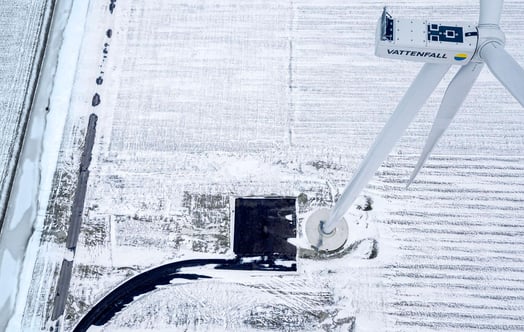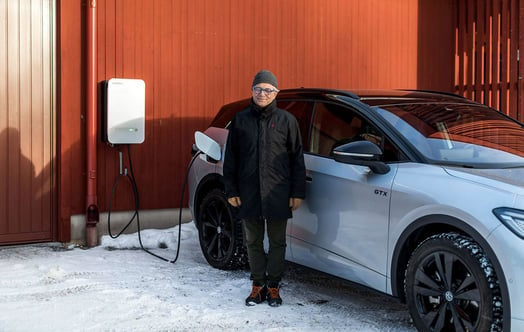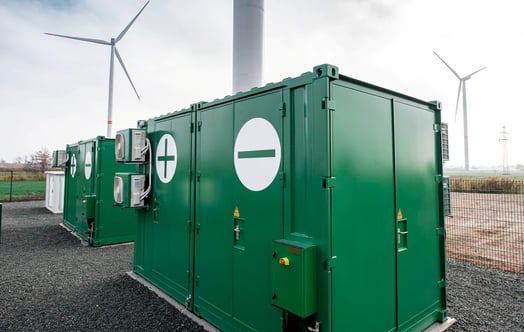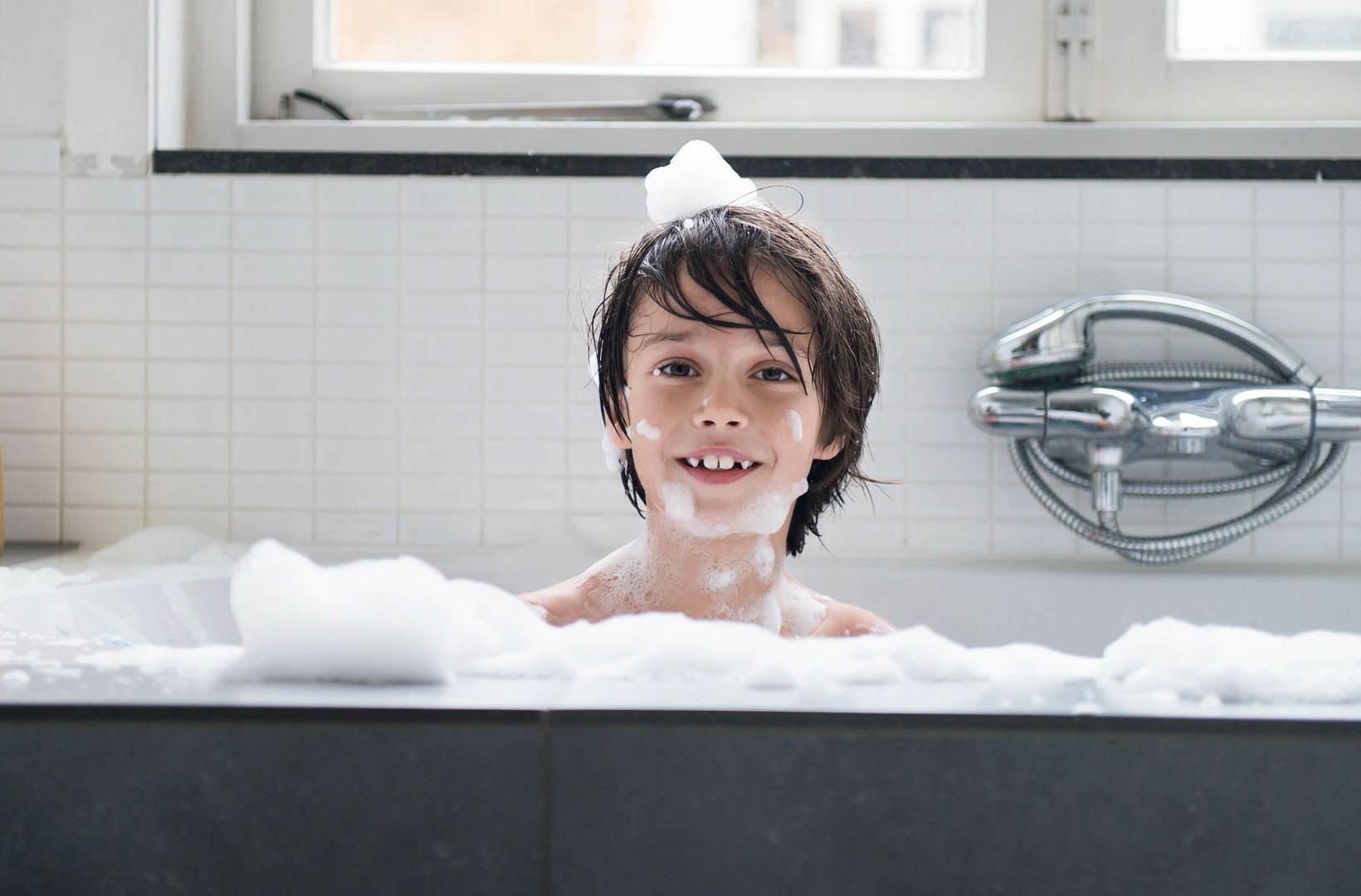
There are good ways to keep your energy bill down and there are bad ways. Check out this list before the winter chill to ensure that you don’t waste energy and money.
The winter season can be a challenge for anyone who has to pay an energy bill. Not only is more energy needed to heat your house or apartment, but also prices for electricity, heating and gas normally increase: few people will forget the winter of 2022 when energy prices went through the roof.
Naturally, people look for advice on ways to keep the cost down to a bearable level. But there is good and bad advice as well as a lot of misconceptions and myths that could risk boosting your bill.
Rob van der Plas, is very knowledgeable on the subject. As a technical energy advisor for Vattenfall in the Netherlands, his job is to visit people’s homes and help them make their energy consumption as efficient as possible.
“Most people are aware of how to save money on energy, and they know that heating and hot water is where the biggest consumption is. Still, I too often encounter homeowners who have fallen for some of the myths about energy savings – and that can turn out to be costly,” he says.
6 energy saving myths to avoid
- Using a short or quick program for your washing machine, dishwasher or dryer may seem energy efficient, but it is not. It is better to choose the ECO program to save energy.
- Turning down the radiators in rooms you don’t use is often a good way to save energy. However, if your home is equipped with a central thermostat, which is often the case in the Netherlands, don’t turn off the heat in the room where the central thermostat is located. You will end up using more energy because it takes longer for the room to heat up.
- Contrary to what many believe, modern TVs on standby and mobile phone chargers left plugged-in don’t use a lot of electricity. EU regulation has put a limit on that. If you think that you might have an older charger or electric device with a high standby consumption, touch it! If it is warm, it is consuming electricity and should be unplugged or completely switched off when not in use.
- There aren’t any benefits in storing food in the freezer at temperatures lower than -18 degrees. It will only cost you money due to a higher electricity bill.
- It is a myth that clothes in a full washing machine do not get clean. Actually, all tests of washing machines are done with a fully loaded machine. If you fill the washing machine well, you can reduce the amount of energy consuming washes.
- In some markets, such as the Netherlands, the price of electricity is lower than the price of gas. As a consequence, some people turn off their central heating boiler and use electric heaters instead. But it can be more expensive, because natural gas contains much more heat energy. As a matter of fact, using an old-fashioned electric heater with a heating element will easily double the costs. A more efficient and sustainable way to heat your house is to install a heat pump.
Jens Berggren is Vattenfall’s climate coach in Sweden. Here are his five best energy saving tips for the winter:
5 effective energy saving tips
Reduce the temperature
The most effective way to save energy is to lower the temperature of your heating in your home during the cold season, especially in rooms you don't use. In northern Europe, heating often accounts for half of the energy costs. Reducing the temperature in your house by one degree reduces your heating costs by five per cent.
Shower more efficiently
Reduce the time spent in the shower, but don't replace it with a bath. A five-minute shower that uses 12 litres of water per minute consumes 700 kWh/year, and you can quadruple that for a family with two adults and two children. If you switch to a shower head that uses 9 litres of water per minute, you will save 25% of the electricity without having an impact on comfort.
Turn on the shower and measure how long it takes to fill a 10-litre bucket. If it takes less than a minute, the shower head is not efficient enough.
Check the sealing strips
Take the opportunity to check, and possibly replace, window and door seals before the cold weather arrives, to keep the heat where you want it. It is a cheap measure that lasts for many years. New sealing strips can reduce electricity consumption by up to 800 kWh.
Fill up the machines
It is energy-efficient to run only full dishwashers and washing machines. There are for instance almost 116 million households of varying sizes in Vattenfall’s markets. If all households wash an average of two machines per week, the population in Scandinavia, Finland, France, Germany, the Netherlands and UK will collectively use more water each year than the capacity of six billion bathtubs.
If we add in the fact that the laundry is often dried in tumble dryers or drying cabinets, the collective electric laundry bill in these countries reaches over 36 billion kWh. If all that electricity was charged into an electric car, it would be enough to drive over five million laps around the world.
Use underfloor heating wisely
Electrically heated bathroom floors can be nice. But if you set the thermostat at 23 degrees and leave the door open when the rest of the house is set at 20 degrees, the underfloor heating will be running full blast all the time. So, make sure the door is closed and set the thermostat to the same, or just below, the general indoor temperature.
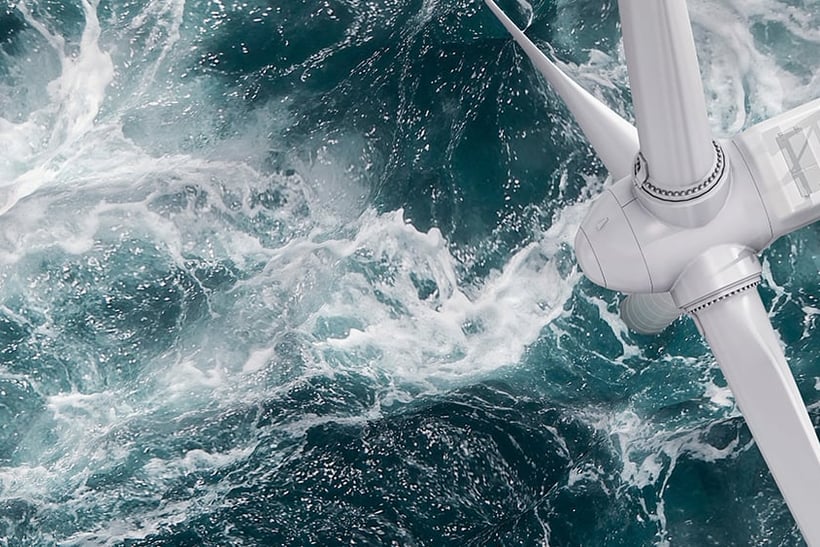
Sign up for our newsletter THE EDIT
THE EDIT is Vattenfall's new monthly newsletter. Each issue highlights a new burning issue from the world of sustainable energy and fossil freedom.

